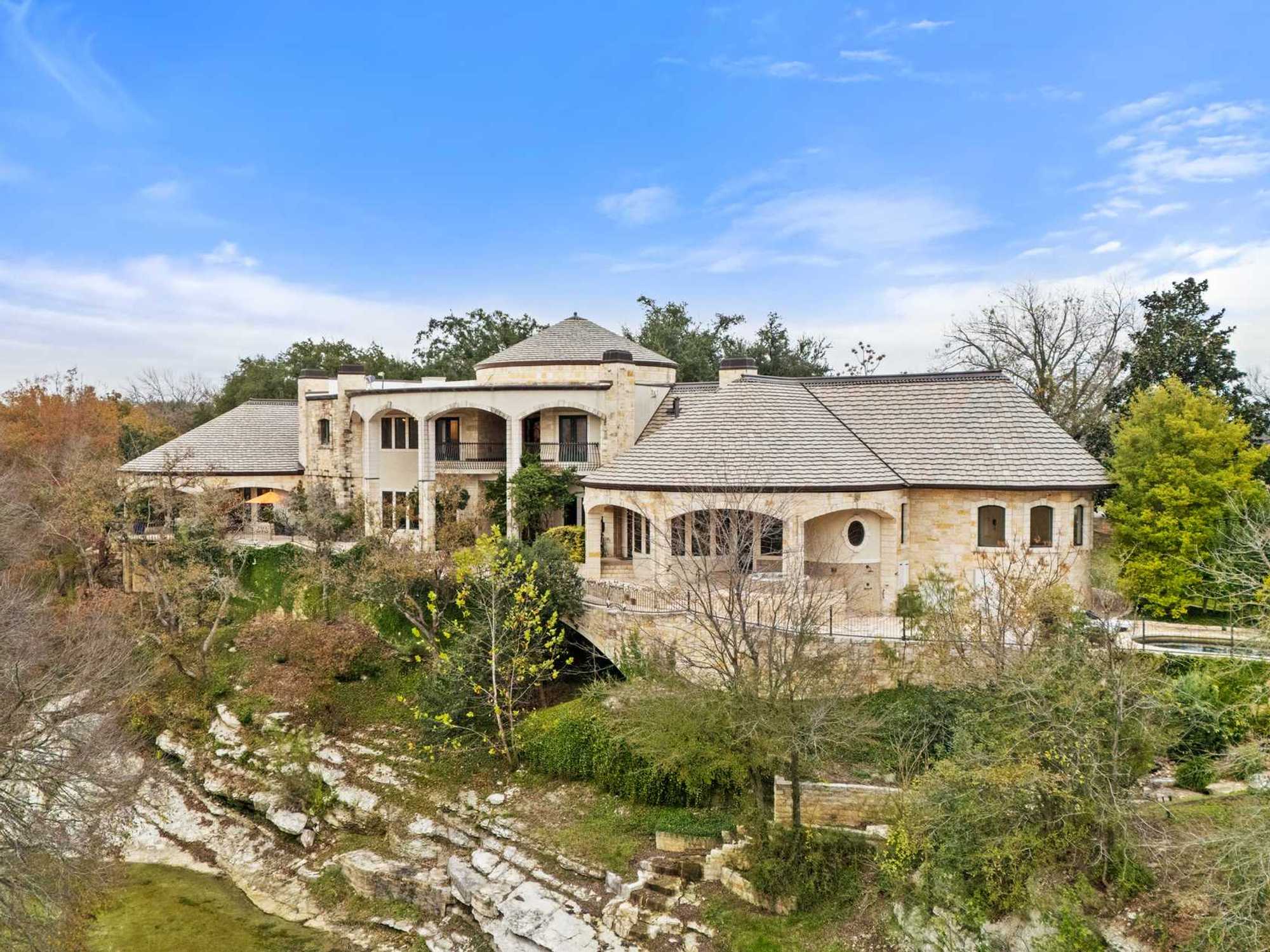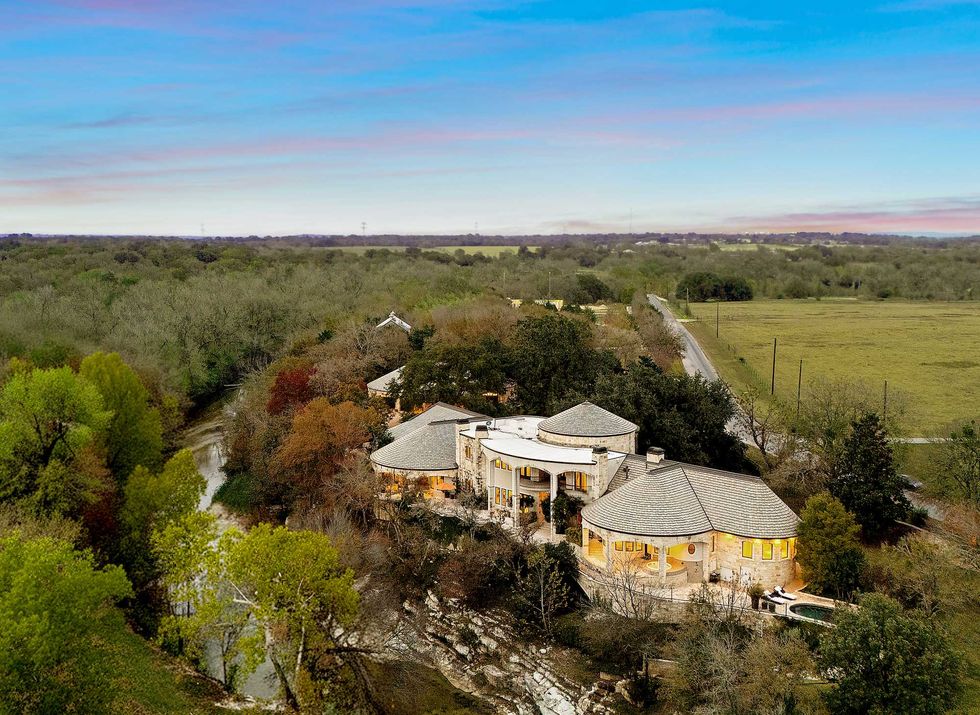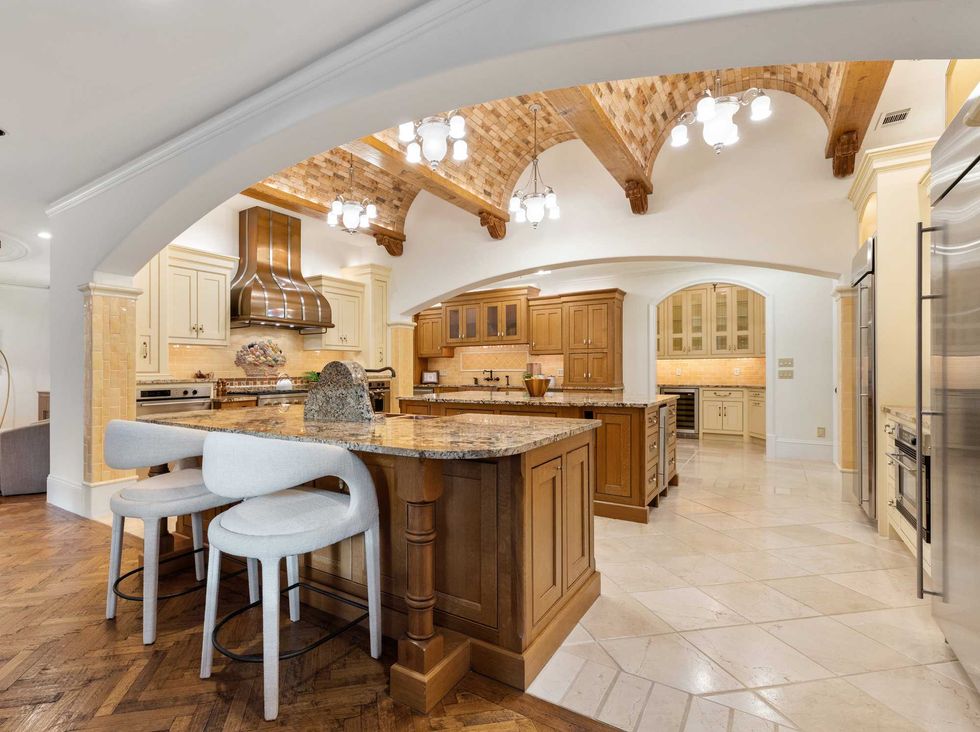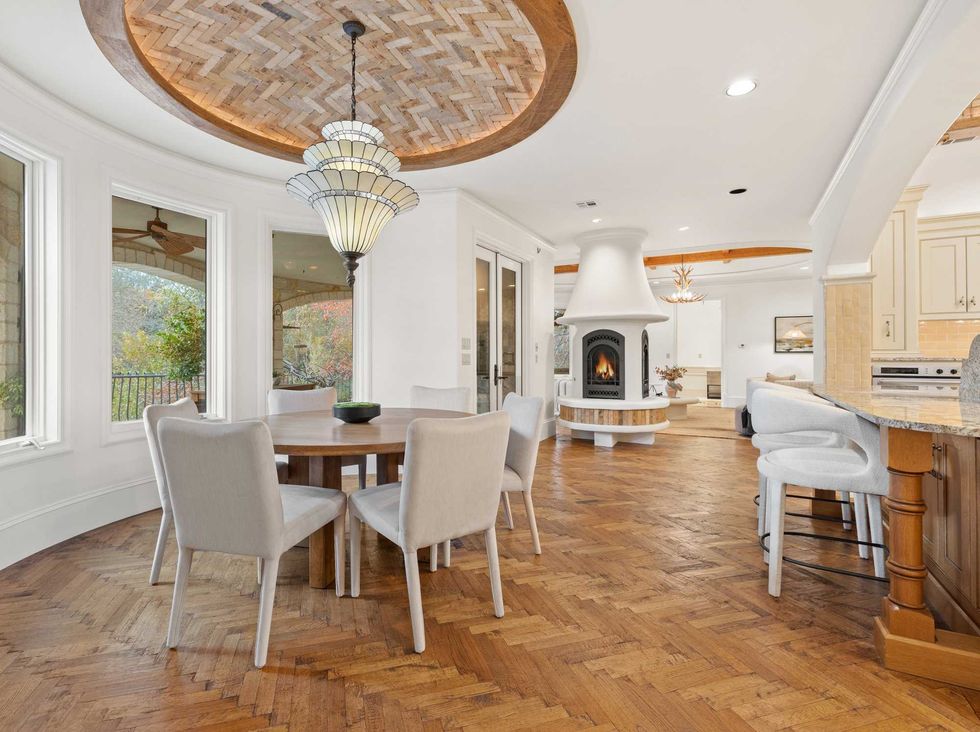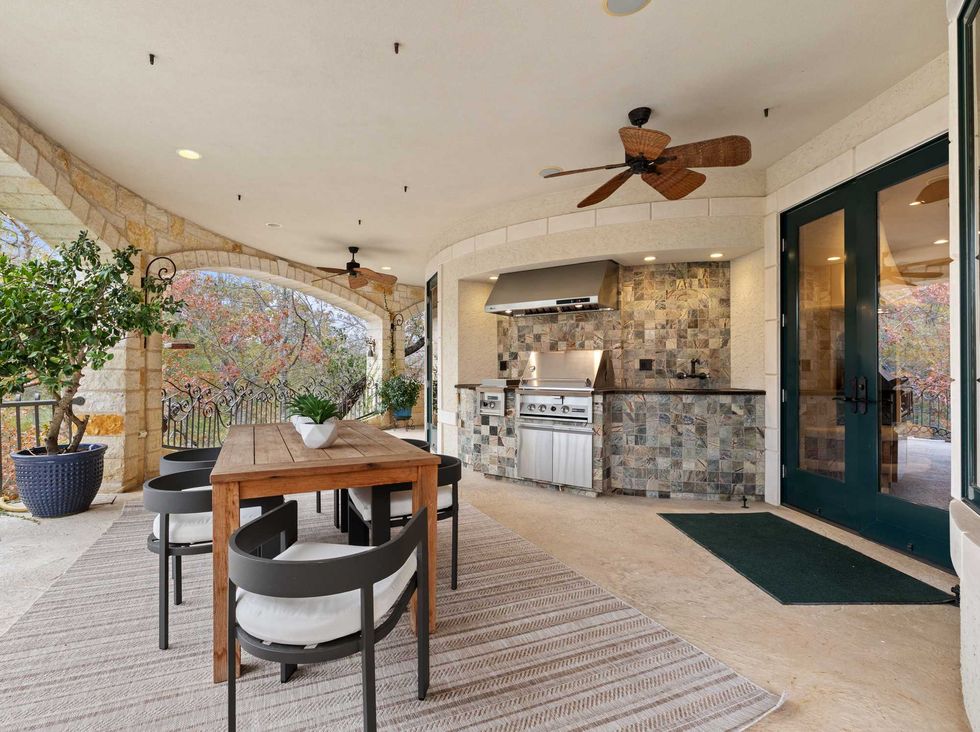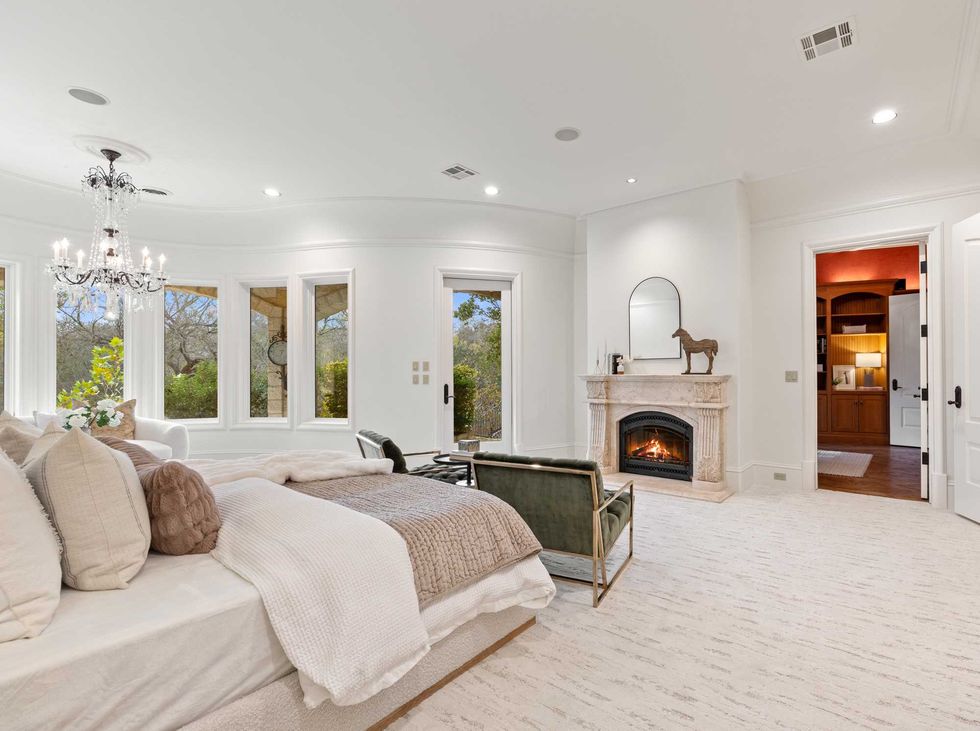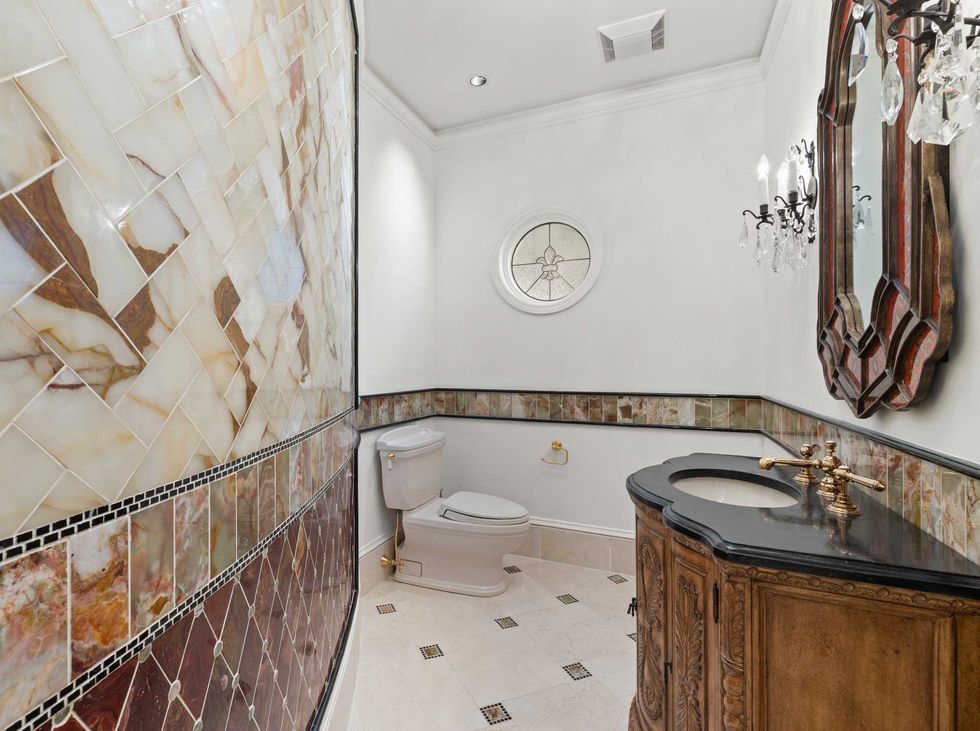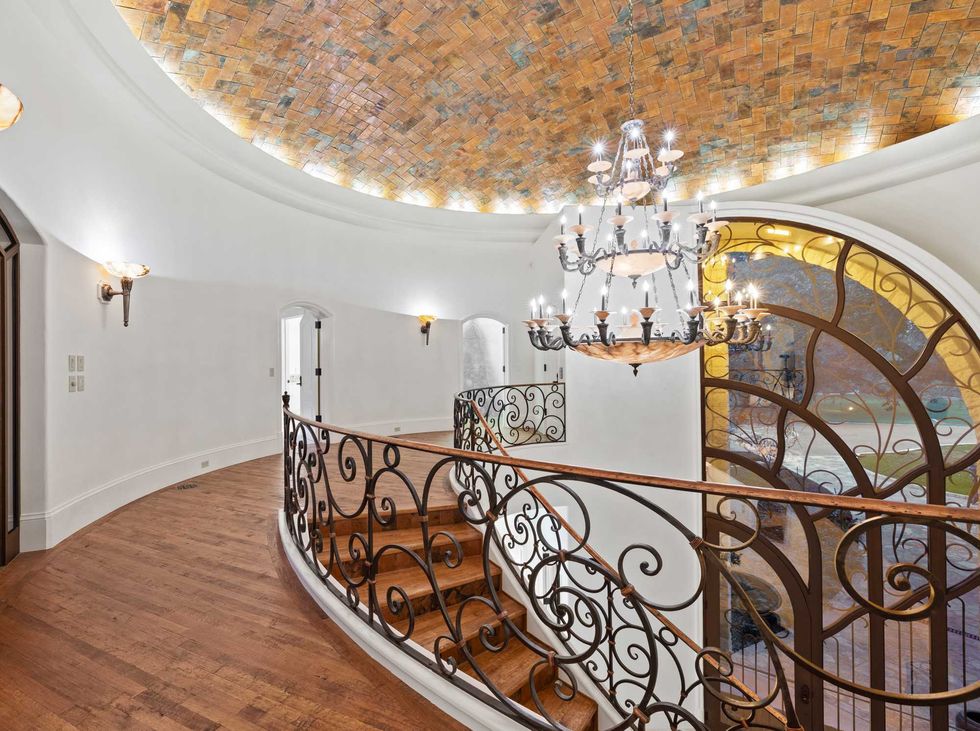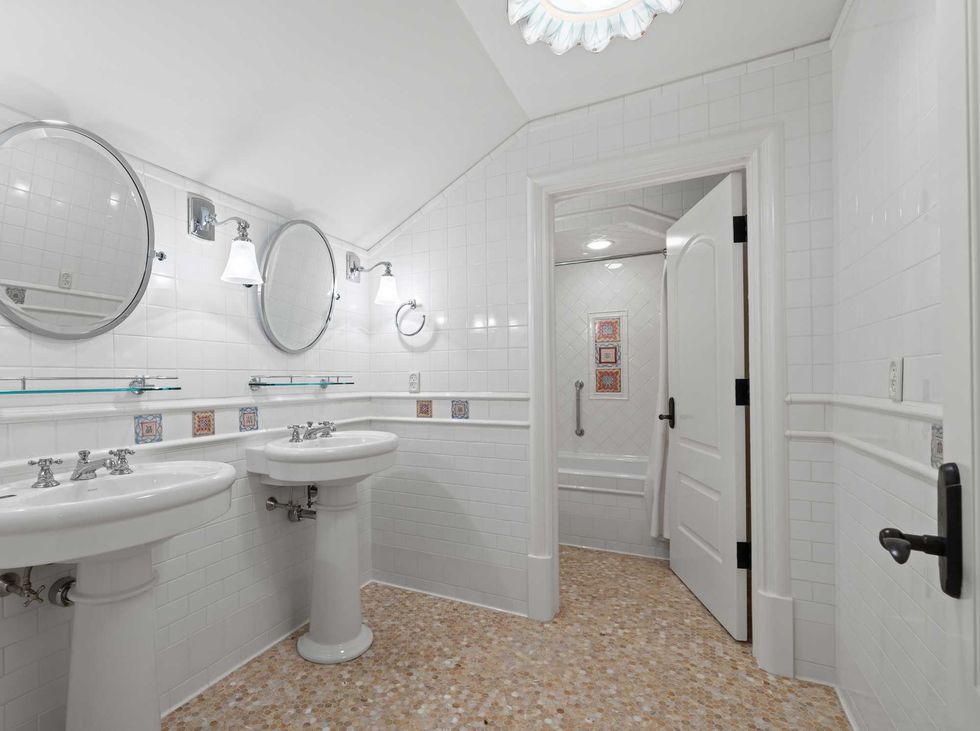Rent Vs. Buy
New report reveals majority of Dallas homebuyers earn more than $100,000

A new report from real estate and rental website Zillow reveals that the income gap is widening between renters and homebuyers at an alarming rate — especially in Texas.
Nationally, Zillow found that homebuyers tend to make a median salary of around $80,000 while renters earn just under $40,000, making the difference between the two groups about $41,000. In Dallas-Fort Worth, the difference itself is bigger than the renters' entire median income.
Homebuyers in DFW tend to hover just over the $100,000 salary mark, while renters are stuck down at $45,000, meaning the difference is a whopping $55,042. This highlights how much buyers have pulled ahead during the recovery from the Great Recession, due in large part because renters tend to be younger and single-income households.
The typical homebuyer household in 2017 earned more than 62.7 percent of all households, up from 59.8 percent in 2012.
In addition to high upfront expenses like a down payment and closing costs, first-time homebuyers have to contend with a hot housing market where sales prices have outpaced home values. From 2012 to 2017, Zillow found, home values rose 36 percent while incomes climbed just 11 percent. That means there are now 3.5 million fewer households that can afford to buy the typical home.
Zillow also discovered that the percentage of homebuyers making more than $100,000 a year has gone up 8 percent nationally since 2012. In DFW, that number has more than doubled, by 19 percent. In 2017, more than half of DFW buyers (51 percent) earned more than $100,000.
The numbers across Texas are much the same, with San Antonio seeing the biggest growth total in homebuyers crossing the $100,000 mark (45 percent in 2017 versus 24 percent in 2012). While Houston saw only a slight increase (43 percent to 47 percent), the salary jump is more extreme. Homebuyers in 2017 made $92,815 while renters made $41,200, for a difference of $51,615.
The gap is similar in the Alamo City, at $51,576, but pricey Austin is a surprise with the lowest changes all around. The difference there is only $48,250, and the increase is a mere 4 percent over five years.
Zillow found that nationally almost half of renters who moved in the past year (46 percent) considered buying a home instead during their search, but ultimately ended up renting. A third of renters (32 percent) say they will continue renting because they are saving for a down payment, according to the latest Zillow Group Consumer Housing Trends Report.
"Home prices have outpaced incomes for nearly a decade, pushing homeownership further and further out of reach for first-time buyers even as homeownership aspirations remain very high," says Zillow senior economist Aaron Terrazas. "In the past, low interest rates, lax lending, and migration from pricier to more affordable communities have helped square that circle — but those palliatives break down sooner or later. If becoming a homeowner trends further toward the exclusive domain of society's most fortunate, wealth inequality could see an acceleration in the years ahead."

 Everyone who enters from the front door will be looking up.Photo courtesy of JPM Real Estate Photography
Everyone who enters from the front door will be looking up.Photo courtesy of JPM Real Estate Photography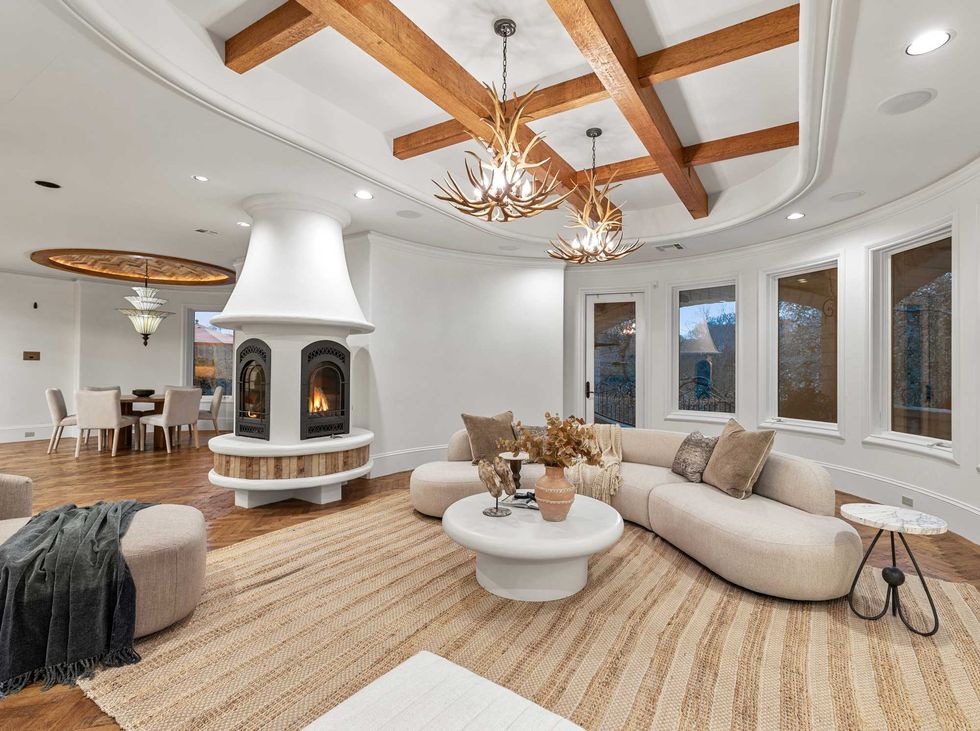 Natural elements break up all the white.Photo courtesy of JPM Real Estate Photography
Natural elements break up all the white.Photo courtesy of JPM Real Estate Photography